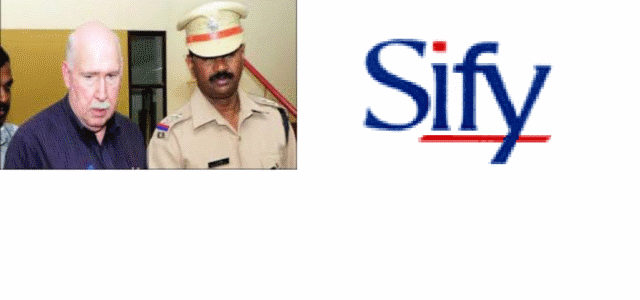The Economic Offences Wing of the Kozhikode Crime Branch has charged Kamal Nath, CEO of Sify Technologies, as an accused in the Amway multilevel marketing fraud case for continuing to provide its services to Amway in spite of receiving a warning letter from the Crime Branch three months ago, reports New Indian Express.
The report also states that the Crime Branch had pointed out in its warning letter that Amway has engaged in money chain business and so Sify should stop its services to the company. However, in its reply Sify had stated that they were only engaged in a bone fide business with Amway. On these grounds, a warrant has been issued against Nath by the Chief Judicial Magistrate Court in Kozhikode on being charged under section 109 (abetment) of the Indian Penal Code and also being listed as the 14th accused in the Amway case.
Originally, a case against Amway was filed based on a complaint received from Vishalakshi of Chathamangalam.
Another Case of Intermediary Liability?
It appears to be a case of intermediary liability as the report states that Sify continued providing its services on the basis of bona fide agreement with Amway. However, since the Crime Branch had provided them with a warning 3 months prior to the issue of the warrant, the company is being held responsible. It seems that the technology company is being taken to task due to their client’s wrong doings. However it is not clear if the wrong doings of Amway are directly related to malpractices using the services provided by Sify Technologies. This is not the first case of intermediary liability in India.
Although the nature of the case was different, earlier in November 2012, Internet Service Providers were also held liable for copyright infringement on the internet by the Madras High Court. In this case, the court had ruled that the submission made by ISPs that they cannot prevent “future wrongs” of piracy of content is not correct, and their apprehensions about the inability to “enforce or implement the order of this court are unfounded. The court found the contention that websites host both infringing as well as non infringing content “unmeritorious”.
It is also worth noting that the Information Technology Act 2008 has amended the definition of intermediary liability by including the Telecom service providers, internet service providers, web-hosting service providers, search engines, online-payment sites, online auction sites, online market places and cyber cafes as reported by Mondaq
Source: www.medianama.com

Leave a Reply